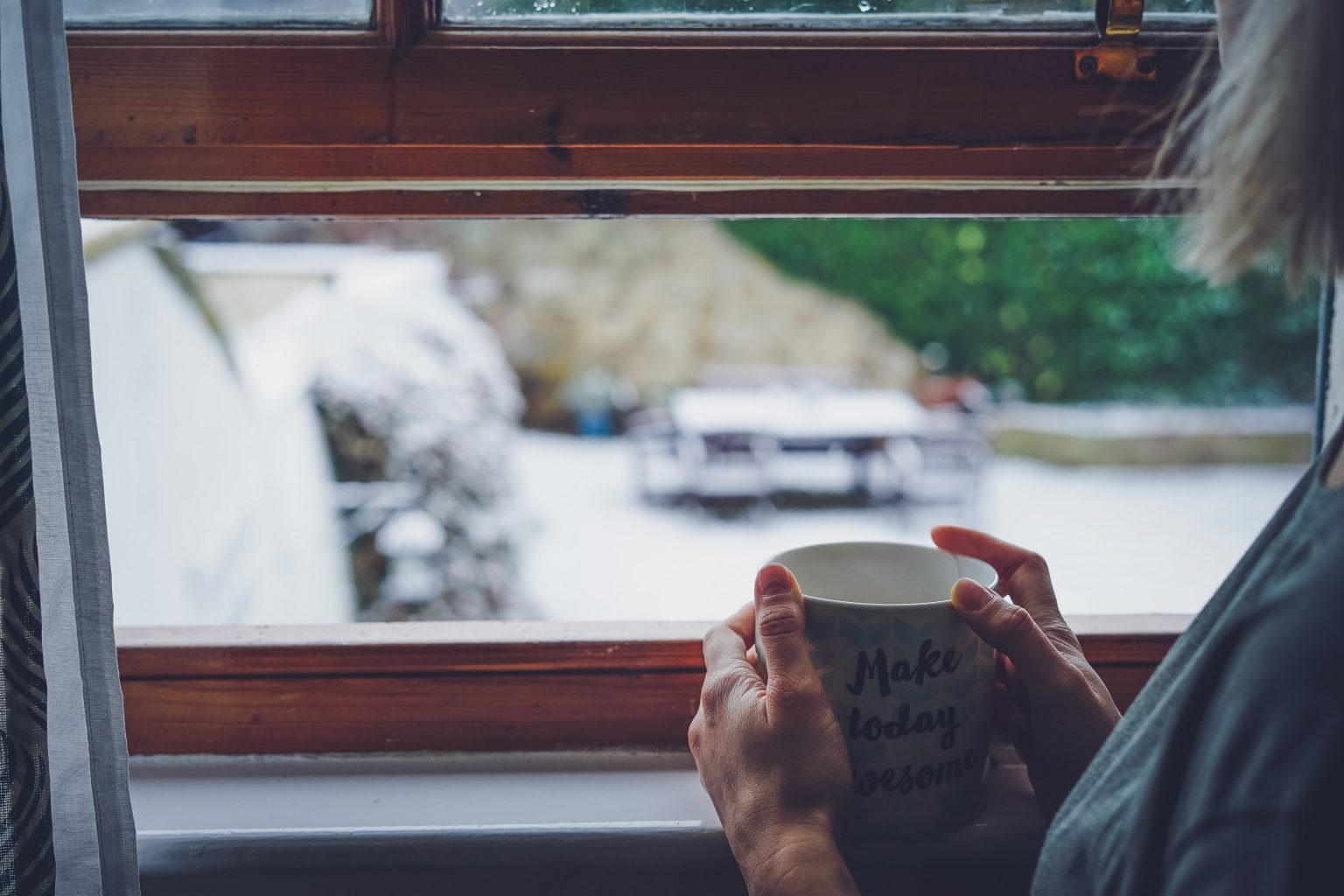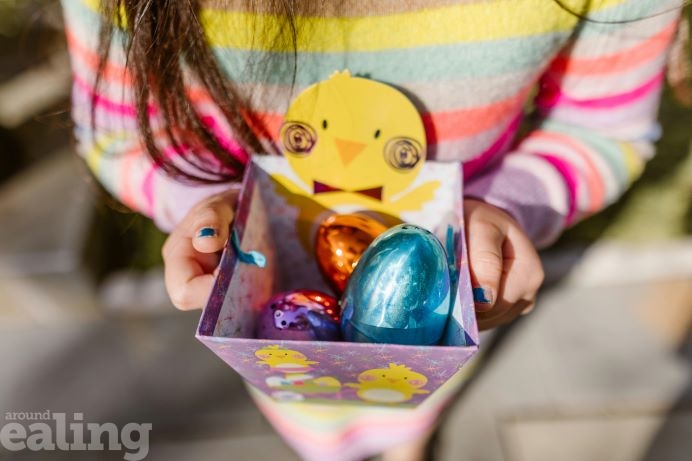As we approach the first winter with coronavirus, self-isolation is one of the most important things we can do to break the chain of infection. Self-isolation means staying at home and completely avoiding contact with other people. By self-isolating, you are not only protecting yourself, you are also protecting those around you.
Do I need to self-isolate?
You should self-isolate if:
- you have any symptoms of coronavirus
- you have tested positive for coronavirus
- you live with someone who has symptoms or tested positive
- someone in your support bubble has symptoms or tested positive
- you are told to self-isolate by NHS Test and Trace or the NHS COVID-19 app
- you arrive in the UK from a country with a high coronavirus risk
If you or someone in your household has coronavirus symptoms or who has received a positive test result, follow the stay at home guidance.
If you have been in close contact with, but do not live with, a person who has tested positive for COVID-19, follow this guidance.
How to self-isolate

You must not leave your home if you are self-isolating. You must:
- stay at home
- not go to work, school or public places – work from home if you can
- not use public transport or taxis
- not go out to get food and medicine – order it online or by phone, or ask someone to bring it to your home
- not have visitors in your home
- not go out for exercise
When to get a test

You should get a test as soon as possible if you have any symptoms of coronavirus. The symptoms are: a high temperature; a new, continuous cough; a loss or change to your sense of smell or taste. If you have symptoms, you can leave your house to visit a testing centre to get tested. You must not use public transport or a taxi, and you must wear a face covering to attend the appointment – this is really important to help protect other people. You can book a test at nhs.uk/coronavirus or calling 119.
How long to self-isolate
You will need to self-isolate for 10 days.
Practical tips to cope with self-isolation
Self-isolation can be difficult. Here are some practical tips to cope with self-isolation.
The basics
Eat regular meals, drink plenty of water, and try to get enough sleep.
Daily activities
Make a routine, divide the day into different segments – daily chores, communications, exercise, and rest.
Staying connected
Set aside time every day to stay in touch with friends and family.
Keeping healthy
Establish a consistent daily exercise routine.
Getting help and support when self-isolating
If you are elderly or vulnerable and are self-isolating, you can ask a trusted relative, friend or neighbour to help you. If you do not have someone who can assist, help and support is available on our website.
Self-isolation is an important way to protect the health of those who are vulnerable but isolation can affect people’s mental health. Any resident self-isolating, whether you are clinically vulnerable or not, can be signposted to a number of mutual aid groups that have been established on the social media websites, Facebook and Nextdoor.
NHS Test and Trace support payment
People asked to self-isolate by NHS Test and Trace following a positive coronavirus test or close contact with a confirmed case are legally required to do so. This means anyone breaking the rules face a fine of up to £10,000.
A Test and Trace support payment of £500 is available to help people on low incomes self-isolate, and to encourage more people to get tested.







